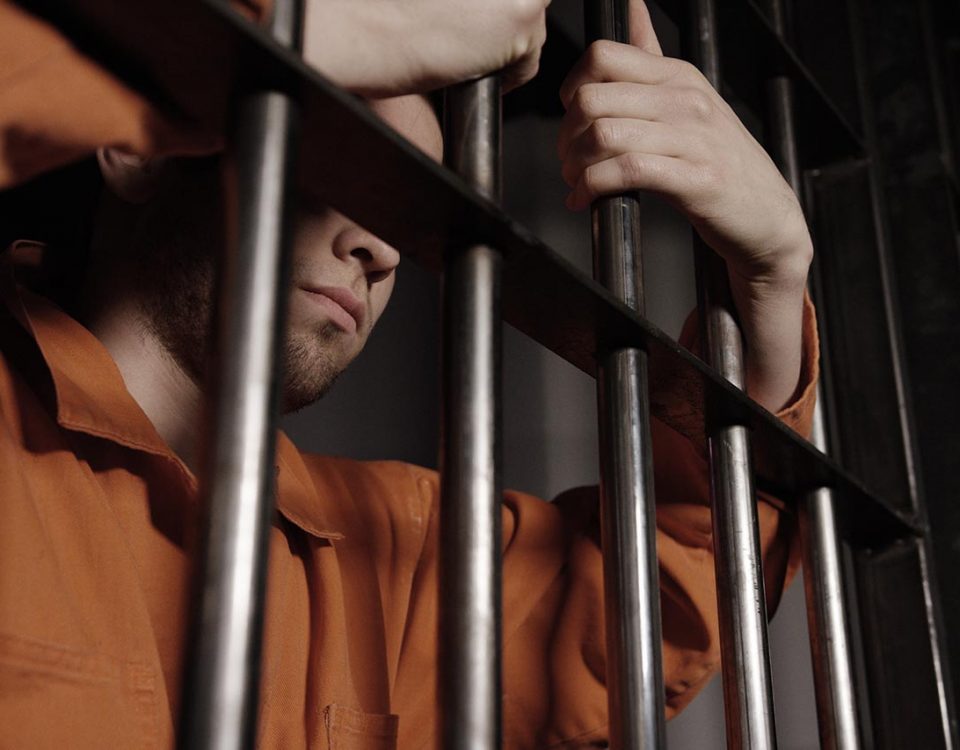Everyone’s recovery journey is different.
Some individuals may experience a smoother process than others, but the smaller details may vary. While some people achieve lasting sobriety after their first or second trip to rehab, others may continuously struggle with relapse. Breaking the relapse cycle can be difficult. Relapsing over and over can be physically, mentally, and emotionally draining. Fortunately, there are steps you can take to end the relapse cycle.
How to Break the Cycle of Chronic Relapse
Breaking the relapse cycle isn’t always easy. Some individuals are more prone to relapse than others for a variety of reasons. However, breaking this cycle is possible and lasting sobriety is achievable for anyone. There are several methods you can implement in your everyday life that can help you prevent further relapses and sustain your sobriety.
Let Go of Guilt
It’s normal for people who have relapsed to feel guilty. Negative emotions are easily stirred when you feel as if you’ve failed. Feelings of disappointment, hopelessness, and guilt can consume you if you let them. Think of relapse as a setback rather than a definitive failure. Remember, you’re the only one who decides whether you’re going to get back up.
Ask for Help When You Need It
Feeling embarrassed is natural after relapsing. You may feel too ashamed to reach out for help because you don’t want to disappoint anyone or admit your mistake. However, reaching out to others for support can help you move forward in your recovery. Isolating yourself during such a critical time can send you back into your old habits. If you relapse, you should seek help immediately.
Discover Your Addiction Triggers
Everyone who has struggled with substance abuse has triggers. A significant factor in breaking the cycle of relapse is realizing what your addiction triggers are. Whether this is a person, place, or thing, safely identifying these triggers can help you avoid relapse and encourage you to turn to other things or people that support your sobriety. Keep in mind that this doesn’t mean you should go out and test your willpower, but rather be aware of your surroundings and your comfort around others.
Hold Yourself Accountable
Blaming others is a coping mechanism we tend to use when we don’t want to admit our role in the problem. At the end of the day, you control your behavior and decisions. Instead of blaming others, you should accept your decisions and actively work to find a solution.
At our rehab alumni program, individuals who have completed addiction treatment at our facility can openly discuss their struggles and achievements. Having a safe place to vent about their difficulties during recovery can help them avoid turning back to their addiction.
Attend 12-Step Meetings
The 12-Step Program originally catered towards recovering alcoholics but has expanded to help people with different types of substance abuse disorders. These stages address everything from relationship issues to accountability. There are also 12-step meetings that allow individuals to connect with others who are in similar situations. During these meetings, the addict can share their struggles and achievements while learning from their peers. Our 12-step program at Banyan Treatment Centers Palm Springs promotes peer support and consistent guidance to help people avoid relapse and reach sobriety.
Receive Treatment
Ending chronic relapse may require another round of addiction treatment. It’s not uncommon for people in recovery to go to rehab several times before they achieve lasting sobriety. Going back to rehab can give you the space and time you need to recuperate mentally and physically. Sometimes we just need more time, and that’s okay. It’s better to go back for more treatment than stay stuck in the relapse cycle.
Our substance abuse center in Palm Springs offers different programs and therapies that can help people struggling with addiction or who don’t know how to stop relapsing. Our dedicated staff of professionals prides itself in offering safe and effective care for all their patients.
If you or someone you know is battling with substance abuse, do not wait to get help. Call us now at 888-280-4763 to find out more about our various programs.
Related Reading:
Drinking Caffeine in Recovery
Fighting Temptation in Recovery
How to Stay Motivated in Recovery









